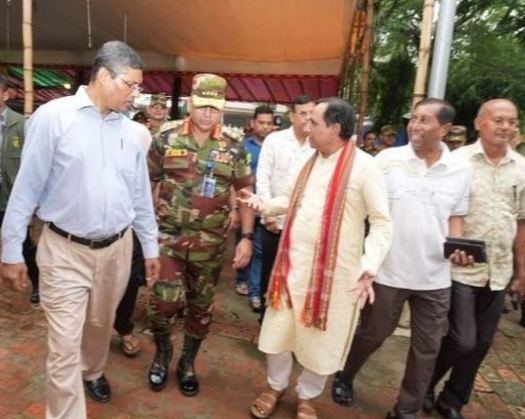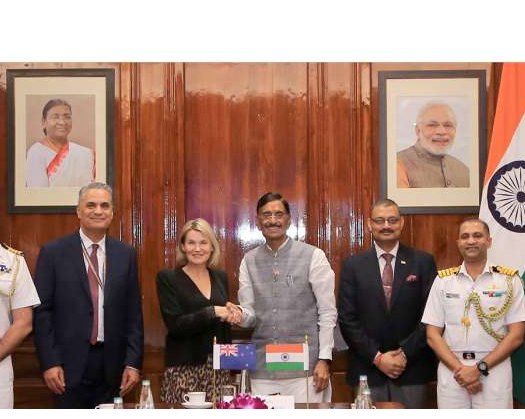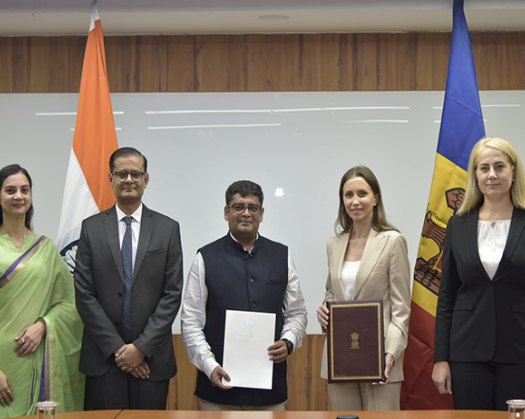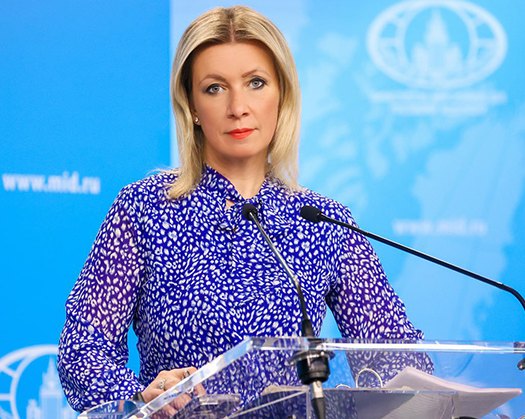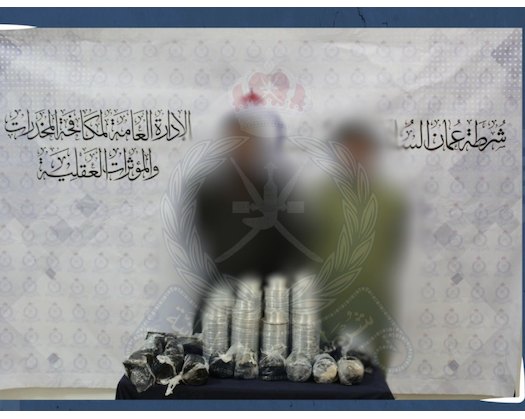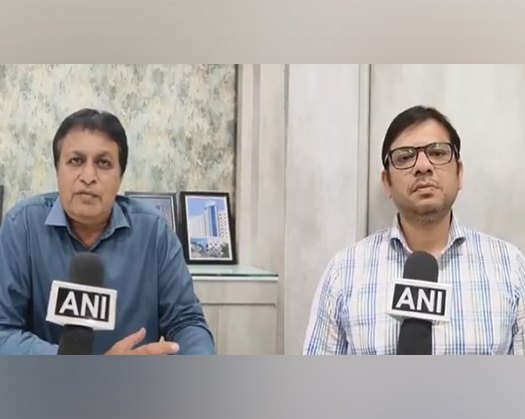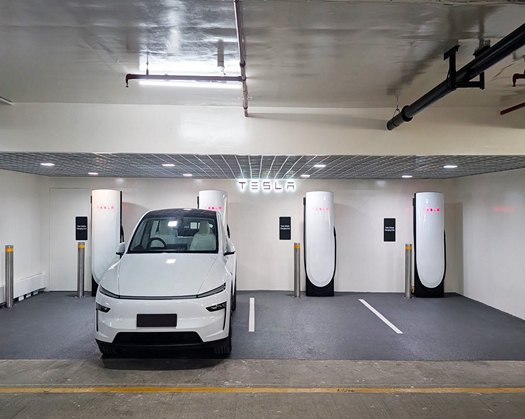Dhaka: Amid ongoing political turmoil and the interim government's inability to present a definite timetable for the next parliamentary elections, Bangladesh Army Chief General WaqaruzZaman has stated his desire to conduct elections by December of this year, according to local media sources.
Army Chief General WaqaruzZaman feels national elections should be held by December. Concerning the elections, he stated that his stance on the matter remained unchanged. An elected government has the authority to decide the country's future course, according to the Daily Prothom Alo.
The Army Chief addressed a few other issues in his address to officers at Dhaka Cantonment on Wednesday. According to the study, numerous levels of army troops based in Dhaka participated in the event, and many others joined virtually.
Several political groups, including Former Prime Minister Khaleda Zia's Bangladesh Nationalist Party (BNP), are calling for legislative elections by December. However, the National Citizens Party (NCP), a new party founded by students who brought about the resignation of Prime Minister Sheikh Hasina, seeks radical changes before the elections.
The interim government, led by Nobel Prize recipient Muhammad Yunus, is reportedly backing the NCP. The BNP activists have staged a demonstration in front of Jamuna, the home of the Chief Adviser in Dhaka, demanding the dismissal of two student advisers from the interim government's cabinet.
General WaqaruzZaman also addressed the talks regarding a humanitarian corridor in Myanmar's Rakhine State. Responding to a question on the subject, he stated, "The choice on a humanitarian corridor in Rakhine State must be made by an elected government and must be made following a legitimate process. " According to the study, national interest must be taken into account here.
General WaqaruzZaman also spoke forcefully against mob brutality, organized chaos, and attacks by uncontrolled groups. He stated that the military is now taking a stronger position on law and order. According to the study, chaos and bloodshed in the name of organised crowds will no longer be permitted.
Last August, Sheikh Hasina, Bangladesh's Prime Minister, was removed from office following a student-led revolt. Hasina escaped to India, and an interim government led by Nobel Laureate Muhammad Yunus was established.

